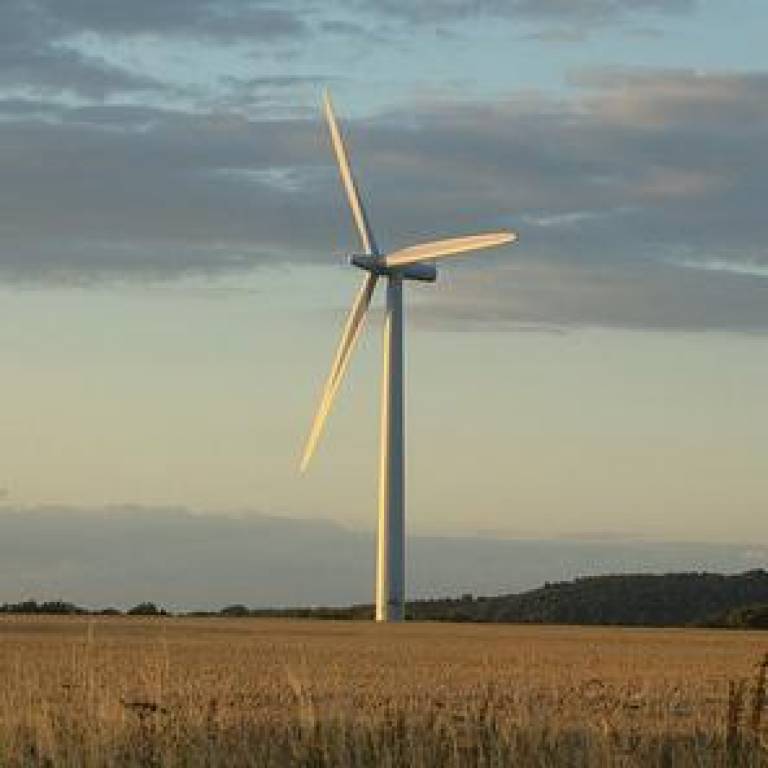Ricardo-AEA and UCL to propose 2030 renewable energy targets for Scotland
26 June 2014
UCL, in collaboration with Ricardo-AEA, has been appointed by WWF Scotland - part of the international WWF network, one of the world's most influential environmental organizations - to propose possible 2030 targets for the country's renewable energy production.

Scotland, and the UK as a whole, has legally binding targets to reduce carbon emissions by 80 percent by the year 2050. Renewable energy will deliver a major part of these reductions and Scotland is already committed to meet 30 percent of the country's total energy consumption from renewable sources by 2020.
Scotland has also set out an ambition to secure 100 percent of its electricity demand from renewable energy by 2020. With excellent progress made towards the 2020 targets, a key policy issue is the need to assess the potential for renewable energy in 2030. The Ricardo-AEA project - in conjunction with UCL's world-leading Energy Institute along with UCL Consultants Ltd, UCL's wholly owned consultancy subsidiary - will include an assessment of Scotland's current renewable energy provision and its existing aspirations, together with its corresponding emissions targets.
The UK MARKAL model - a multi-time period linear optimization model developed extensively by UCL and Ricardo-AEA, portraying the entire UK energy system from imports and domestic production resources through to energy service demands - will then be used to develop renewable energy scenarios covering heat, electricity and transport in 2030. The work will provide a robust evidence base to help support decision-making on renewable energy issues in Scotland.
"The recent IPCC reports confirmed the degree of change in energy supply that is needed to mitigate dangerous climate change," said Ricardo-AEA renewables knowledge leader Colin McNaught.
"Our project will therefore also focus on the increasing importance of renewable energy for the heat and transport sectors. We're excited to have won this important project which should help Scotland to move towards a broadly supported 2030 renewable energy target."
"Scotland has already made great strides towards its renewables target for electricity and is rich in renewable energy potential. As the need to decarbonize the power sector has been widely recognized, much attention has been paid to how this would be done.
Links
Image
- Courtesy of Jonbgem/Flickr
 Close
Close

